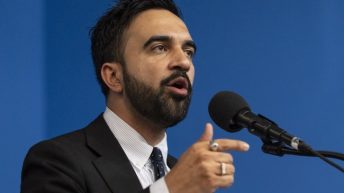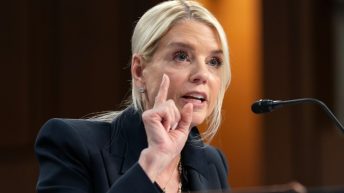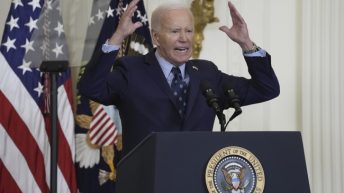Treasury Secretary Scott Bessent confirmed that five candidates have been named as potential replacements for Jerome Powell as Federal Reserve chair next year, and this article examines what that means for monetary policy, accountability, and the broader economy from a Republican perspective.
The confirmation that five individuals are under consideration to replace Jerome Powell signals a pivotal moment for U.S. monetary policy. Republicans will want clarity on how any nominee plans to restore discipline to the Fed after years of unconventional actions that distorted markets. The decision matters not just to Wall Street, but to every working family facing inflation and uncertain interest-rate policy.
Choosing a new Federal Reserve chair is not merely a personnel matter; it is a test of priorities. A Republican viewpoint emphasizes sound money, low inflation, and predictable policy grounded in clear rules rather than ad hoc interventions. Lawmakers and the public should demand nominees who will prioritize price stability and resist political pressure that can lead to monetary recklessness.
Transparency is central to restoring trust in the Fed. Over the past decade, actions taken in crisis gave the central bank far-reaching influence over credit markets and asset prices. Republicans will press for nominees who commit to clearer communications, stronger oversight, and accountability measures to ensure the Fed does not swap long-term stability for short-term political convenience.
Market participants will watch for how each candidate views the balance between inflation control and economic growth. Republicans generally favor policies that prevent inflation from taking root, because uncontrolled price increases hit lower- and middle-income Americans hardest. The right nominee should recognize that fighting inflation has long-term benefits for wages, savings, and investment.
Fiscal responsibility matters hand in hand with monetary policy. The Fed cannot be expected to carry the entire burden of economic stability while lawmakers pile on debt and deficits. Republicans will argue that any nominee should make clear how monetary policy interacts with fiscal choices, and push Congress toward spending discipline to reduce the risk of persistent inflationary pressure.
Another key concern is regulatory oversight of the financial system. The Fed’s role in supervising banks and ensuring financial stability must be balanced with a commitment to avoid overregulation that stifles credit and growth. Republican policymakers will be looking for nominees who understand the importance of a resilient banking system without imposing heavy-handed rules that hurt competition and borrowers.
The selection process will also reveal the administration’s priorities. Republicans are likely to scrutinize whether the pool of candidates reflects a genuine interest in monetary conservatism or merely a reshuffling within the same intellectual circle that produced recent policy choices. A nominee who leans toward market-friendly, rule-based policy would be more reassuring to conservative lawmakers and investors alike.
Congressional oversight plays a critical role here. Hearings and public testimony are opportunities to assess each candidate’s philosophy and record. Republicans will press nominees on specific commitments: How will they anchor inflation expectations? What is their approach to interest-rate normalization? How will they balance the dual mandate when objectives conflict?
Nominee selection also carries geopolitical and financial market implications. A Fed chair sets expectations that influence currency values, international capital flows, and the attractiveness of U.S. debt. Republicans often stress that predictable, stable monetary policy underpins America’s global economic leadership and helps avoid adversarial pressures that could come from erratic policy shifts.
Ultimately, the choice of Fed chair should reinforce confidence in the institutions that govern our economy. Republicans will measure candidates by their willingness to restore fiscal and monetary sanity, protect savers from destructive inflation, and keep markets functioning without unnecessary distortion. The central bank needs leaders who respect the limits of monetary power and the role of market discipline.
As deliberations proceed, conservative voices will emphasize the need for a chair who respects the rule of law, understands market incentives, and commits to policies that foster long-term growth and stability. The confirmation of five candidates is the start of a public debate that must focus on outcomes, not politics, and on restoring reliable stewardship of monetary policy for everyday Americans.




Add comment